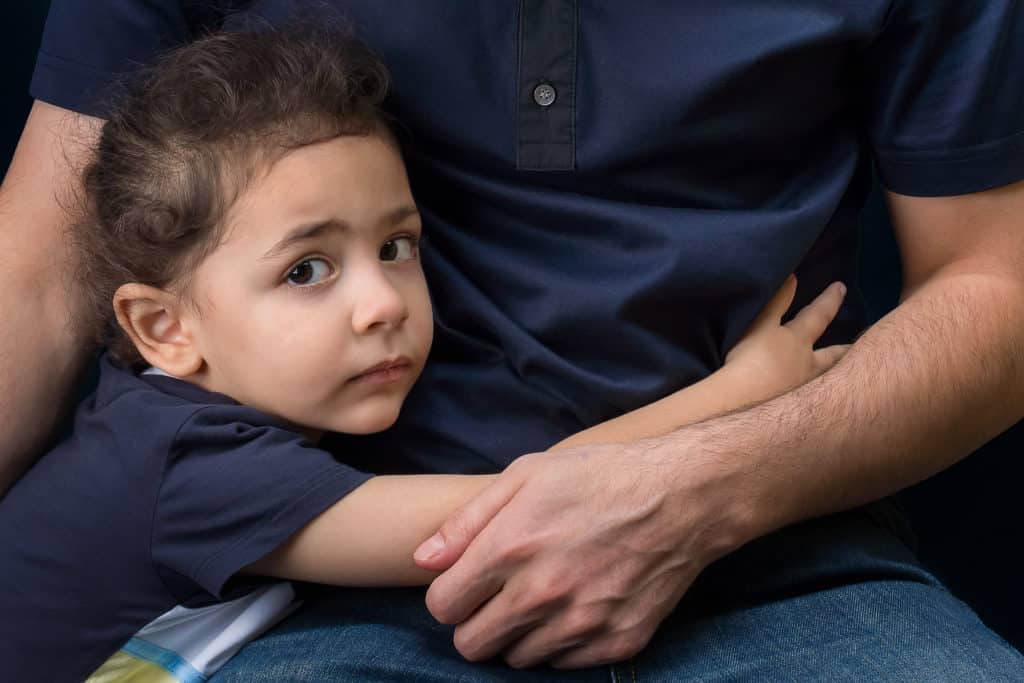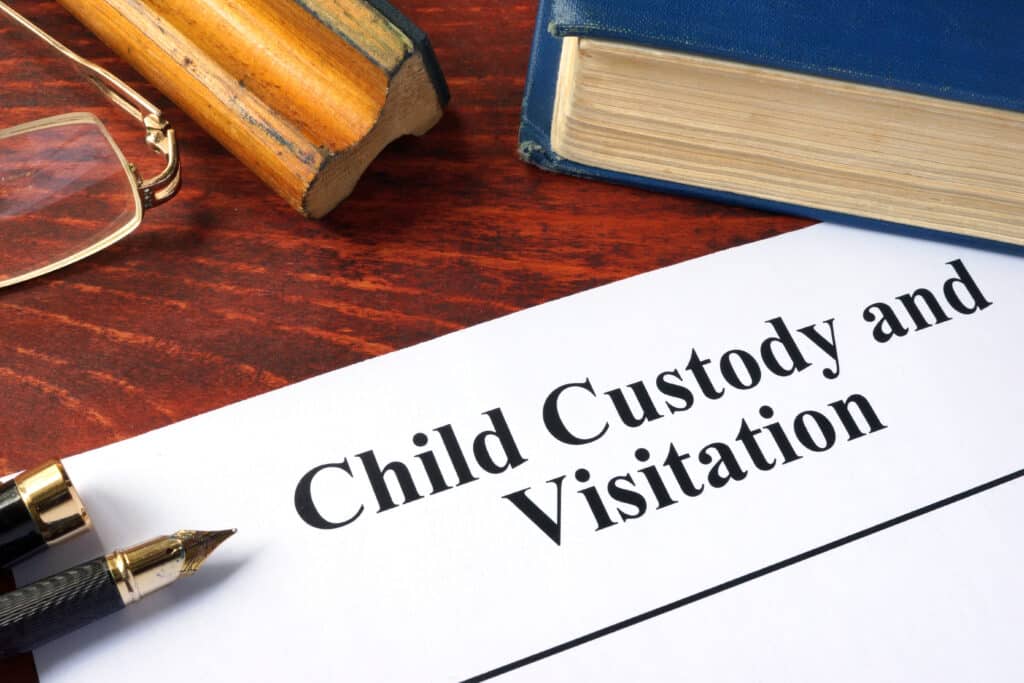No matter how old your kids are, telling your kids that you are getting a divorce can hit them hard. Even adult children who have moved out and created their own lives can have a difficult time when you break the news to them.
How you tell your kids that you are getting a divorce will depend on a lot of factors, from their age, to your relationship with them, what your family dynamics are, and more. Here are some helpful tips that you can utilize when telling your kids that you are getting divorced. Depending on the nature of your relationships and the divorce itself, these may or may not be useful to you.
#1. Have A Strategy Beforehand
Don’t just drop the bomb that you’re getting divorced on your kids. Have a plan for how you’re going to do this. Telling your kids that you are getting a divorce will vary depending on your relationship with them, your spouse’s relationship with them, their age, and more. As such, these are just guidelines that can and should be adapted to better suit your family’s dynamics.
Your kids probably know that your relationship with your spouse is on the rocks, unless they are very young. Still, that doesn’t mean you shouldn’t have a strategy in place. You can try to tell your kids together, if possible. This helps to avoid the issue of some kids feeling like they have to keep a secret from the others and presents a sense of unity when the family may otherwise be breaking apart.
You also want to keep how you tell your kids age-appropriate. Let them know that it’s not their fault and that you’re still a family. This goes hand-in-hand with the point below, but don’t point fingers and place blame when telling your kids that you are getting a divorce.
#2. Avoid Placing Blame And Arguing
If your relationship with your spouse is tenuous, rather than just the spark fizzled away, it can be so tempting to argue with them and place blame. When telling your kids that you are getting a divorce, though, don’t do this. You don’t want to get into any ugly details that contributed to the divorce, like infidelity. Arguing and placing blame can make your kids feel like they have to take sides and pick which parent they like best, causing even more strain in an already strenuous situation.
Instead, focus on how getting a divorce can actually improve your family by addressing conflict and unhappiness with an effective solution. Tell your kids how this is a good thing for everyone, and that yes, it will take time to adapt to said change, but in the long-run, everyone will be happier.
#3. Prepare Them For Changes
Let your kids know what changes are coming, such as which parent may be moving out, how their routines may be impacted, and what their new normal may look like. When your kids are able to prepare for the changes that your divorce will bring, it will be easier for them to handle.
#4. Point Out What Won’t Change
Just as your kids should know what changes are coming, you should also let them know what won’t change. This can provide them with an anchor in a time that would otherwise be turbulent and difficult to navigate. This is especially important for young children whose day-to-day lives would be significantly impacted by your divorce, such as who is picking them up from school and the like.
#5. Listen When Telling Your Kids, And After
Don’t rant to your kids about the factors involved in your divorce, but do listen to them express their thoughts and feelings on the matter. It’s important for kids to be able to talk about what they’re feeling and to feel heard and supported by their parents. This is crucial not just for them to be able to process how they feel about the divorce, but about how their lives are changing. For example, younger kids may experience bullying at school if it gets out that you and your spouse are getting a divorce.
#6. Remind Them That You Love Them
The most important tip for telling your kids that you are getting a divorce is to remind them just how much you love them. Kids of all ages, but especially those who are young, may feel as though they are partially to blame for the divorce or that the divorce is happening because you and your spouse don’t love them as much anymore. It’s vital to remind your kids that you love them and the divorce won’t change that.
Getting A Divorce And Need An Attorney?
Kaufman, Nichols, & Kaufman provides family law representation, including all types of divorces, from uncontested to contested and more. Contact us today to schedule a consultation and let us help you achieve fair representation throughout your divorce.









